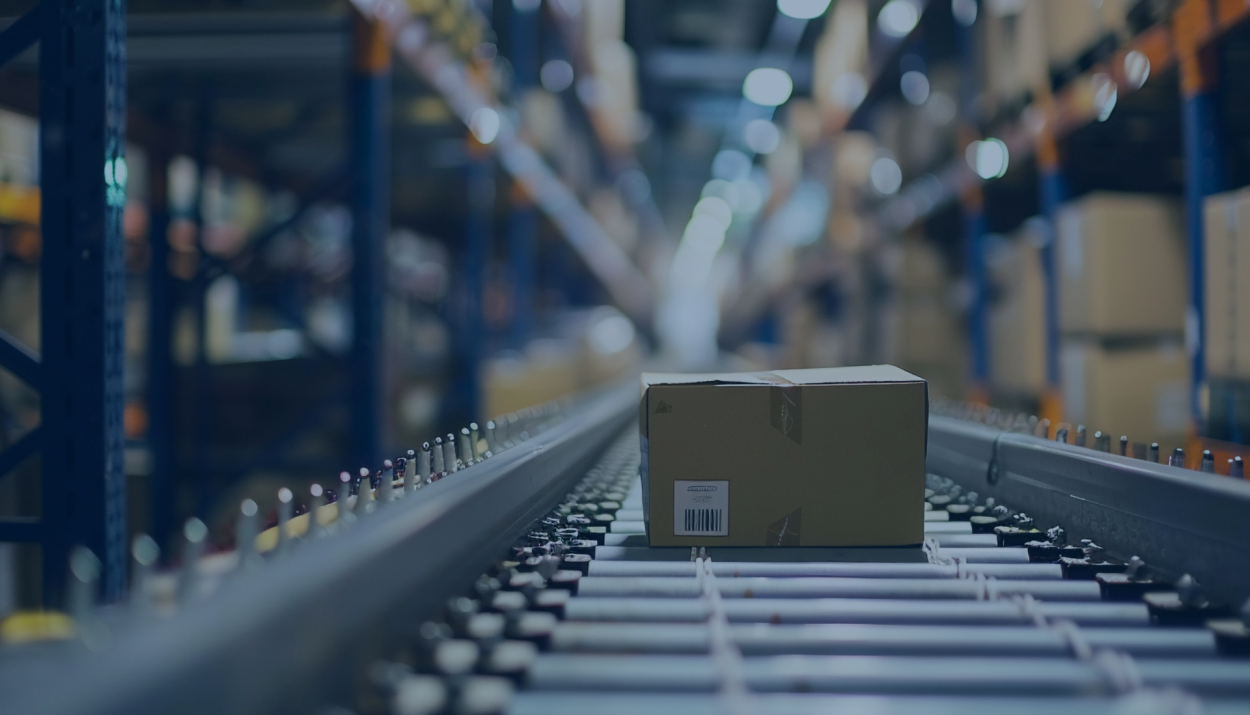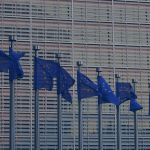In February 2025, Brazil’s Labour Ministry exposed “slavery‑like” conditions at BYD, a Chinese electric vehicle construction site in Bahia, where 163 Chinese workers were reportedly trapped in dormitories, deprived of passports and forced to work without basic rights. Overnight, global headlines and social media shamed a high‑profile company.
But this is not just a problem in remote or distant locations. In 2020, a BBC investigation revealed serious human rights abuses in the fast fashion industry, exposing that garment workers in Leicester, UK, supplying brands like Boohoo, were being paid as little as £3.50 an hour. Factories operated in unsafe conditions, violating labour laws and pandemic restrictions. The exposé led to a public outcry, share price drop, and major retailers cutting ties with Boohoo, prompting widespread scrutiny of UK-based supply chains and breaking the illusion that ethical concerns only exist overseas.
The truth is that poor labour practice anywhere can ripple across international production networks, triggering regulatory action, investor divestment and public outrage. The UK’s updated Modern Slavery Act guidance (March 2025) and the EU’s new Forced Labour Regulation (coming into force in 2027) underscores the fact that human rights are now enforceable business imperatives.
Yet for too long, companies treated human rights as a checkbox tucked away in corporate social responsibility (CSR) teams. Today, they demand executive attention: from the factory floor to the boardroom. This article explores how businesses can embed ethical safeguards throughout their supply chains, turning risk into resilience and compliance into competitive advantage.
What Firms Need to Know Now
In the EU, the Corporate Sustainability Due Diligence Directive (CSDDD), which came into force in July 2024, marks a seismic shift. It obliges large companies, including non‑EU firms generating over €450 million in EU turnover, to identify, prevent, mitigate and account for human‑rights and environmental harms across their global value chains. The staggered roll‑out means firms with €1.5 billion turnover and 5,000+ employees must comply from mid‑2027, easing in for smaller thresholds over the following two years.
By contrast, the UK’s Modern Slavery Act 2015 merely requires reporting, not proactive due‑diligence. Updated guidance in March 2025 has tightened the level of expectation, but enforcement remains weak. Businesses in the UK face growing pressure for alignment; calls are increasing for a UK mandatory due‑diligence law and import bans akin to the EU’s Forced Labour Regulation (in effect 2027).
This regulatory evolution reflects a broader trend: Germany’s Lieferkettengesetz, France’s vigilance law, and upcoming EU import restrictions all signal public and institutional impatience. It’s clear that firms must now embed human‑rights safeguards from supplier audits to board‑room balance sheets, or face legal and reputational peril.
Beyond the Barcode – Shifting Focus from Compliance to Culture
Audits and glossy codes of conduct alone are no longer sufficient. Social‑audit fatigue has left serious labour‑rights abuses unaddressed, as mounting evidence shows these processes often miss systemic issues.
The real shift must come from amplifying worker voice: companies like Ulula now offer anonymous, real‑time reporting tools that connect factory workers directly with buyers, enabling proactive remediation of dangerous conditions. As a further example, take Patagonia. It posts detailed supplier lists, material origins and auditing outcomes on its website, an example of “radical transparency”, where stakeholders can scrutinise every stage of production. This goes beyond perfunctory ESG statements to radical trust-building.
But the real game-changer is embedding human‑rights governance into core business functions. Leading firms are setting executive KPIs tied to supplier performance, integrating labour-risk scenarios into enterprise risk management and procurement frameworks, and aligning incentives across the board. Such integration transforms CSR from a sideline activity into a strategic function, making ethical supply chains central to decision-making.
This cultural reinvention isn’t optional—it’s fundamental. Only by empowering workers, embracing radical transparency, and weaving human rights into everyday business practices can companies move from mere compliance to genuine transformation.
Ethical Supply Chains Make Business Sense
Ethical supply chains are rapidly shifting from a compliance box‑ticking exercise to a strategic asset, valued for resilience, innovation and market trust. Today, investors scrutinise human rights performance as part of financial due diligence, acknowledging that ESG failures can tank valuations. A recent FT investigation revealed that ESG funds held US $1.4 billion in companies tied to Xinjiang forced‑labour risks, prompting institutional backlash and divestment.
Beyond the boardroom, supply chains that treat workers fairly have weathered crises more effectively. During COVID‑19, businesses with engaged workforces maintained production lines and avoided shutdowns, while less ethical networks collapsed under pressure.
Technology is further supercharging transparency and risk detection. For example, London‑based Treefera secured US $30 million to deploy AI and satellite tracking in palm‑oil and coffee supply chains, helping firms anticipate labour‑rights violations before they escalate.
Crucially, purpose‑led businesses attract top talent and loyal customers. Today’s workforce and consumers increasingly choose brands aligned with human rights values. Ethical supply chains aren’t just moral, they’re a differentiator in a fast‑moving market, converting risk into resilience and purpose into profit.
Leadership and the Road Ahead
Stitching human rights into global supply chains is no longer a clever turn of phrase, it’s a strategic imperative. To move beyond token statements, boardrooms must evolve: today’s leaders need proactive strategies, not reactive policies. That means appointing a board-level human rights champion, as advised by governance experts, who ensures respect for rights is both a visible priority and formally monitored.
Take Coca‑Cola: its ESG & Public Policy Committee, comprising its Chair, CEO and independent directors, oversees human rights through regular updates from a Global Vice President of Human Rights, embedding it into board discussions and decision-making. Similar models at PepsiCo and Amazon include executives with compensation tied directly to human-rights KPIs.
The future lies in human-rights innovation. Mars’s partnership with NGO Verité goes beyond compliance: collaboratively, they design and pilot supply-chain interventions focused on safer, fairer labour, pooling expertise and testing novel governance approaches. Meanwhile, the US-based Fair Food Program grants bargaining power directly to workers. Its legally binding market agreements with retailers ensure wage premiums and strict enforcement, a worker-led model driving measurable change.
The journey from policy to practice transforms liabilities into opportunities. By integrating human rights into board performance, forging NGO partnerships, and giving workers genuine power, leaders can reframe supply chains as hubs of resilience and trust. This need not be a burden; it’s a transformation. Bold leadership now ensures tomorrow’s business remains sustainable, ethical and ahead of the curve.
And what about you…?
- How confident are you that your organisation has full visibility over human rights risks across its entire supply chain, including second- and third-tier suppliers?
- What’s your biggest concern about moving from compliance to culture when it comes to human rights, and what kind of leadership or support would make that shift more achievable in your organisation?







